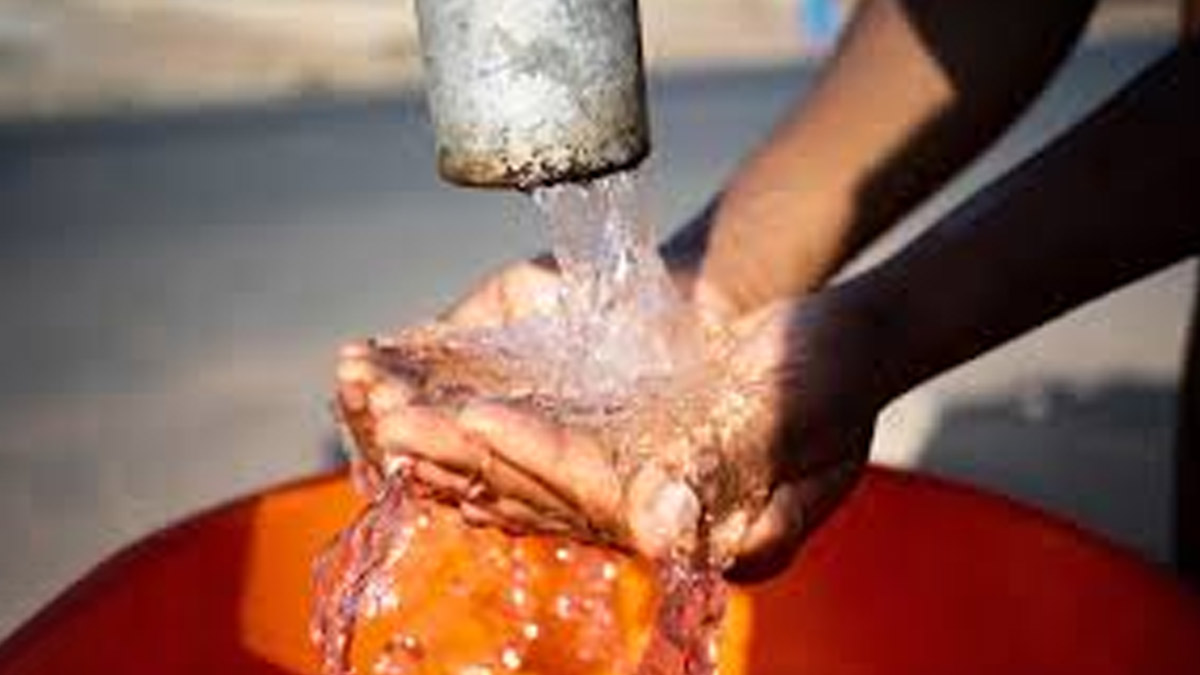
In a troubling development in Noida, Uttar Pradesh, over 200 residents of the Supertech Eco Village 2 society have reported falling ill due to suspected water contamination. The situation has raised serious health concerns, particularly as the monsoon season intensifies. Here’s a detailed look into the incident and essential tips to safeguard yourself during this season.
Table of Content:-
The Incident: A Rising Health Crisis
On a recent Monday, residents of the Supertech Eco Village 2 experienced a health crisis when numerous individuals, predominantly children, displayed symptoms such as vomiting and diarrhoea. This alarming outbreak of illness was traced back to potentially contaminated water sources. Reports suggest that the trouble began after children returning from various activities complained of severe digestive issues, which later spread to other family members.
One resident recounted that her son, after returning from a coaching session, was afflicted with acute vomiting. Despite previous instances of illness at his educational institute, his condition worsened at home, and her younger child soon showed similar symptoms. By late evening, the resident herself began to feel nauseous, raising concerns about the water quality. Another resident reported a similar pattern of sickness among children, initially attributed to food but later suspected to be due to water contamination.

The mounting number of affected individuals prompted an official investigation to determine the precise cause of the contamination. As the probe continues, residents are left grappling with the aftermath and seeking ways to prevent such incidents in the future.
Understanding Water Contamination Risks During Monsoon
Monsoon rains, while essential for replenishing water resources, also pose significant risks to water quality. The heavy rainfall often leads to floods and waterlogging, which can result in the mixing of sewage water with clean drinking water supplies. This contamination can cause a range of waterborne illnesses and is a critical concern during the rainy season.
Also Read: Bengaluru Tops Chart With Highest Dengue Cases, Karnataka Govt Declares It As Epidemic
How Contamination Occurs
Water contamination during the monsoon can occur through various mechanisms:
- Flooding: Heavy rains can inundate areas, leading to the overflow of sewage systems and mixing of contaminated water with potable sources.
- Waterlogging: Stagnant water provides a breeding ground for pathogens and can seep into clean water supplies.
- Infrastructure Damage: The intense weather can damage pipelines and water tanks, increasing the risk of contamination.
Essential Tips to Stay Safe During Monsoon
To minimize the risk of waterborne diseases and ensure your family's safety during the monsoon season, consider the following precautions:
Ensure Clean Drinking Water
- Regular Maintenance: Clean water filters and have them serviced regularly to prevent contamination.
- Boil Water: Boil water before consumption, especially if there is a known risk of contamination. Boiling kills most pathogens and ensures safer drinking water.
Avoid Dumping Waste in Storm Drains
- Proper Disposal: Avoid disposing of any waste, including chemicals and medical waste, in storm drains as this can lead to contamination of water sources.
- Educate Others: Ensure that all members of your community understand the importance of proper waste disposal.
Also Read: WHO Calls For Emergency Meet As Deadliest Mpox Virus Spreading Rapidly In African Countries
Maintain Infrastructure
- Vehicle and Septic System Maintenance: Regularly check and maintain vehicles and septic systems to prevent leaks and contamination.
- Community Efforts: Societies should collectively ensure that infrastructure is in good condition and that there is no risk of water contamination.
Proper Waste Management
- Medical Waste: Dispose of medical waste in designated areas to prevent contamination.
- Pet Waste: Keep pets clean and dispose of their waste properly to avoid contributing to water contamination.
Conserve Water
Avoid using excessive amounts of water to reduce the strain on water treatment systems and minimize the risk of contamination.
Bottomline
By taking these proactive steps, you can significantly reduce the risk of waterborne illnesses and ensure a safer living environment for yourself and your community. The recent health crisis in Noida underscores the importance of vigilance and preventive measures, especially during the monsoon season when the risk of contamination is heightened.
Also watch this video
How we keep this article up to date:
We work with experts and keep a close eye on the latest in health and wellness. Whenever there is a new research or helpful information, we update our articles with accurate and useful advice.
Current Version